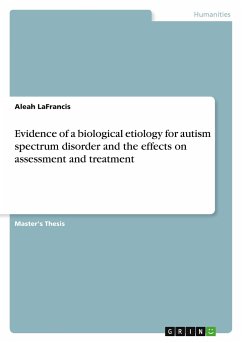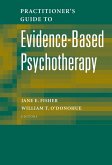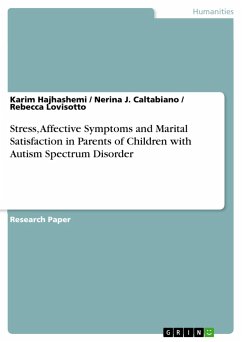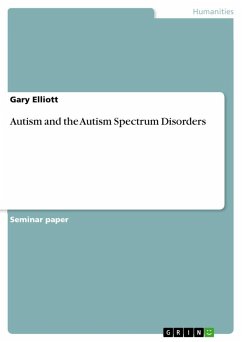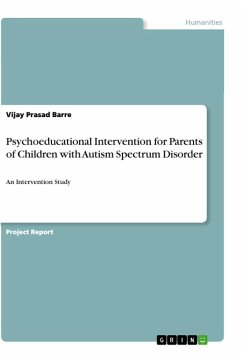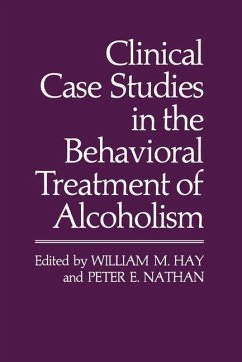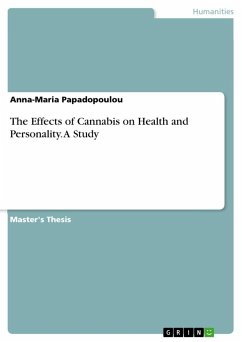Master's Thesis from the year 2016 in the subject Psychology - Consulting and Therapy, grade: A, American Public University System, language: English, abstract: This paper is about the evidence of a biological etiology for autism spectrum disorder and the effects on assessment and treatment. The diagnosis rate of autism spectrum disorder (ASD) is increasing significantly, but assessment and treatment development is limited by an incomplete understanding of the disorder. This paper presents evidence to support at least in part a biological etiology for ASD supported by twin studies, and specifically implicating genetic mutations observed to increase with parental age. A complex model of disease is presented in which genetic mutations are suggested to impair critical neurodevelopmental processes in early childhood, resulting in the manifestation of both physiological and psychological symptoms. These results are supported by imaging studies indicating the presence of an abnormal pattern of brain growth in individuals with ASD. Current treatment options are presented and evaluated in order to determine the implications of a biological etiology, as well as whether pharmacotherapy treatment is medically and psychologically justifiable for individuals with ASD. An animal model of ASD is presented, using rats and mice exposed to valproic acid (VPA) in utero. Research is presented in which a VPA model is used in the assessment and successful treatment of several core ASD symptoms in an animal model. A biological etiology of ASD is concluded to be likely, and future research considerations are discussed in light of the research presented.
Hinweis: Dieser Artikel kann nur an eine deutsche Lieferadresse ausgeliefert werden.
Hinweis: Dieser Artikel kann nur an eine deutsche Lieferadresse ausgeliefert werden.

